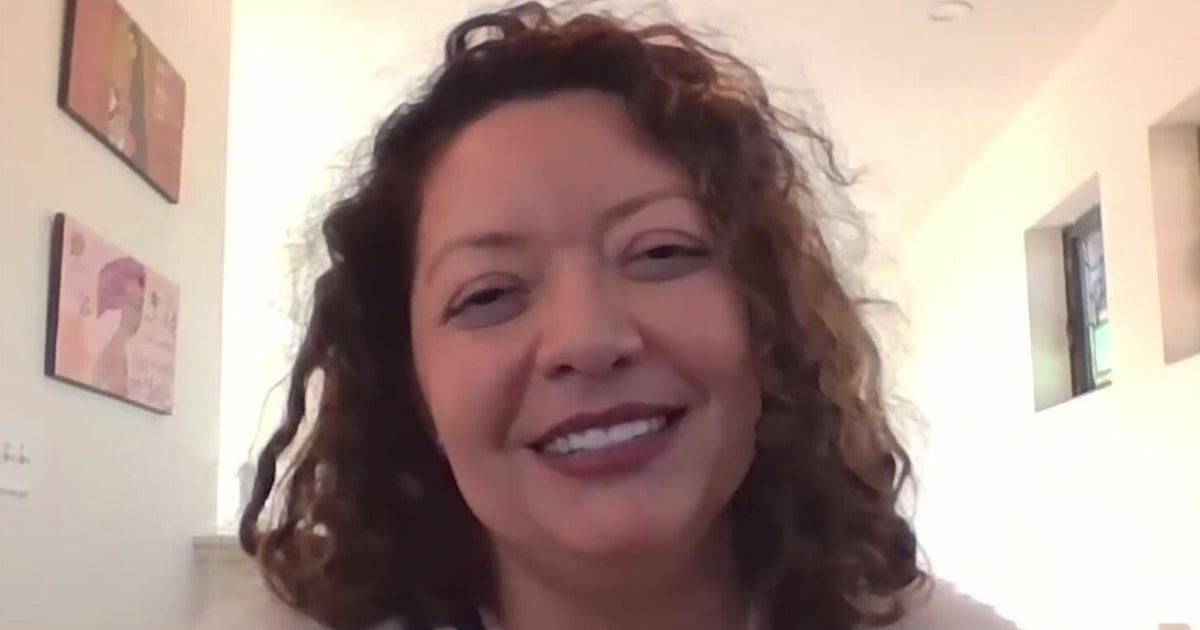Kavanaugh denies report describing alleged encounter with woman in high school
Editor's Note: The woman who wrote a letter accusing Brett Kavanaugh of sexual assault has stepped forward. Read the latest update here.
Supreme Court nominee Brett Kavanaugh flatly denied a misconduct allegation in a letter from a female accuser as described by Ronan Farrow and Jane Mayer in the New Yorker Friday.
The New Yorker report claims the letter from an unnamed woman — received by her congresswoman, Rep. Anna Eshoo, and by Senate Judiciary Committee Ranking Member Dianne Feinstein — describes an alleged incident when Kavanaugh and the woman were both minors at different high schools in the D.C. area in the 1980s. The letter, according to the New Yorker, claims that Kavanaugh unsuccessfully attempted to force himself on her at a high school party. The New Yorker goes into more details from the letter, but the story never says how the authors came to know the contents of the letter.
Kavanaugh issued a flat denial of the anonymous claims as reported by the New Yorker.
"I categorically and unequivocally deny this allegation. I did not do this back in high school or at any time," Kavanaugh said in a statement provided to CBS News.
Shortly after the New Yorker story published, Republicans on the Senate Judiciary Committee released a document of support signed by 65 women who said they know Kavanaugh from high school.
"Through the more than 35 years we have known him, Brett has stood out for his friendship, character, and integrity," the women wrote. "In particular, he has always treated women with decency and respect. That was true when he was in high school, and it has remained true to this day."
The FBI told CBS News it received the information in the alleged accuser's letter Wednesday evening, and included the material as a part of Kavanaugh's file, according to the standard process.
A Feinstein spokesman said she received the information from a third party and wanted to make the allegations public, but the woman in question did not.
"Senator Feinstein was given information about Judge Kavanaugh through a third party. The Senator took these allegations seriously and believed they should be public," the spokesman said. "However, the woman in question made it clear she did not want this information to be public. It is critical in matters of sexual misconduct to protect the identity of the victim when they wish to remain anonymous, and the senator did so in this case."
Democratic Senate aides tell CBS News correspondent Nancy Cordes that Feinstein had few appealing options once this letter landed in her lap. They say she was reluctant to bury or ignore a credible sexual assault allegation, but was also wary of appearing to smear Kavanaugh by publicizing a single, vague, decades-old accusation by someone who wished to remain anonymous. That's why she initially tried to avoid sharing the letter with anyone, including other Democrats on the Senate Judiciary Committee.
A Senate Judiciary Committee vote on Kavanaugh's nomination has been delayed for a week, as Democrats have the ability to delay the vote one week for any reason.
Sen. Orrin Hatch, R-Utah, said he won't allow an anonymous, unsubstantiated allegation to slow Kavanaugh's confirmation vote.
"I do not intend to allow Judge Kavanaugh's confirmation to be stalled because of an 11th hour accusation that Democrats did not see fit to raise for over a month," Hatch said in a statement. "The senator in the best position to determine the credibility of these accusations made the conscious decision not to take action on them, and the authorities to whom the accusations have been referred have decided not to take action either."
Jacqueline Alemany and Nancy Cordes contributed to this report.





